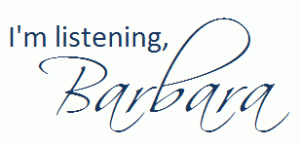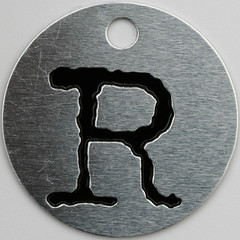UPDATED 12/5/09 – Scroll to end to see update. [Originally published on 9/2/09]

“Oh, no . . . you mean we have to work in GROUPS in this class?” Though my PR Research students didn’t lament this out loud, I wondered how many of them dreaded the thought of ever working in a group project in a class. I bet many of them did (or do).
In today’s PR Research class, we collaborated, using Google Docs, on tips for how to survive a group project. Here’s a summary of what our class recommended:
- Communicate regularly
- Mass messages….so all are on the same page
- Praise often; it will motivate the team to work harder to achieve a common goal
- Summarize at the end of each team meeting to ensure that each person leaves the meeting knowing what’s expected before the next meeting.
- Send out a weekly update (with what’s been accomplished and what’s left to do)
- Communicate as a whole, by using group text messages
- Ensure that you’re aiming to achieve the same goals
- Manage your time.
- Consider making a group calendar filled with internal deadlines that you set for yourselves. (Google Calendar might work well for this.)
- Show up on time for group meetings (let people know if you’re running late)
- Meet regularly, even it’s only to touch base and confirm you’re where you should be in your project work.
- Delegate task based on strong points, and make sure you complete what is delegated to you
- Remember the platinum rule: Do unto others as they want done unto them
- Be considerate of others
- Be patient with your group members
- Be flexibile
- Have a good attitude
- Be respectful
- Work together
- Contributing the same amount of work and time
Finally, before you begin working together in earnest, make an inventory of the skills of each group member. Also find out what each person would rather NOT do, if given the choice. This will help you divvy up the work more effectively. And exchange cellphone numbers, e-mail addresses, Twitter usernames . . . whatever will help you stay in touch effectively.
UPDATE: Ensure that every member of the group thoroughly reviews the entire project before submitting it. (And reviewing is more than simple proofreading.) You don’t want any unpleasant surprises based on information that was primarily written by another group member.
What other tips do you have for working together successfully in teams?
 For spring semester’s PR Writing course that I’ll be teaching online, I will be augmenting my own content and our textbook with several courses offered by Poynter’s NewsU.
For spring semester’s PR Writing course that I’ll be teaching online, I will be augmenting my own content and our textbook with several courses offered by Poynter’s NewsU.





